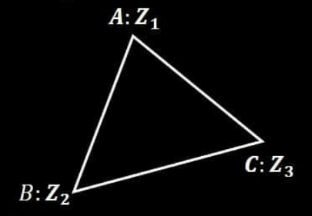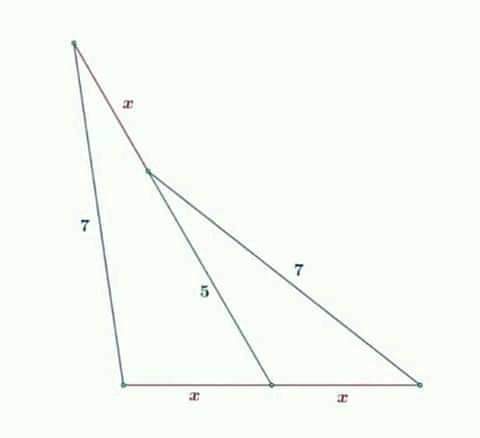
AllQuestion and Answers: Page 1185
Question Number 98951 Answers: 0 Comments: 1
$$\int{tan}^{\frac{\mathrm{1}}{\mathrm{5}}} {x}.{cotx}.{secxdx} \\ $$
Question Number 98945 Answers: 0 Comments: 0
Question Number 98944 Answers: 1 Comments: 0
Question Number 98943 Answers: 2 Comments: 0
Question Number 98942 Answers: 3 Comments: 2
Question Number 98940 Answers: 2 Comments: 1
Question Number 98932 Answers: 0 Comments: 0

Question Number 98929 Answers: 0 Comments: 6
Question Number 98925 Answers: 1 Comments: 1
Question Number 98924 Answers: 0 Comments: 0
Question Number 98938 Answers: 2 Comments: 0

Question Number 98919 Answers: 0 Comments: 1

Question Number 98914 Answers: 3 Comments: 2
Question Number 98913 Answers: 0 Comments: 3
$${solve} \\ $$$${f}\:'\left({x}\right)={f}\left({f}\left({x}\right)\right) \\ $$
Question Number 98907 Answers: 1 Comments: 0

Question Number 98895 Answers: 2 Comments: 0
Question Number 99173 Answers: 1 Comments: 0

Question Number 98887 Answers: 0 Comments: 0

Question Number 98885 Answers: 0 Comments: 2
Question Number 98884 Answers: 2 Comments: 0
Question Number 98883 Answers: 1 Comments: 0
Question Number 98880 Answers: 0 Comments: 0
Question Number 98859 Answers: 2 Comments: 1

Question Number 98858 Answers: 3 Comments: 12
Question Number 98857 Answers: 0 Comments: 0

Question Number 98848 Answers: 0 Comments: 0
Pg 1180 Pg 1181 Pg 1182 Pg 1183 Pg 1184 Pg 1185 Pg 1186 Pg 1187 Pg 1188 Pg 1189
